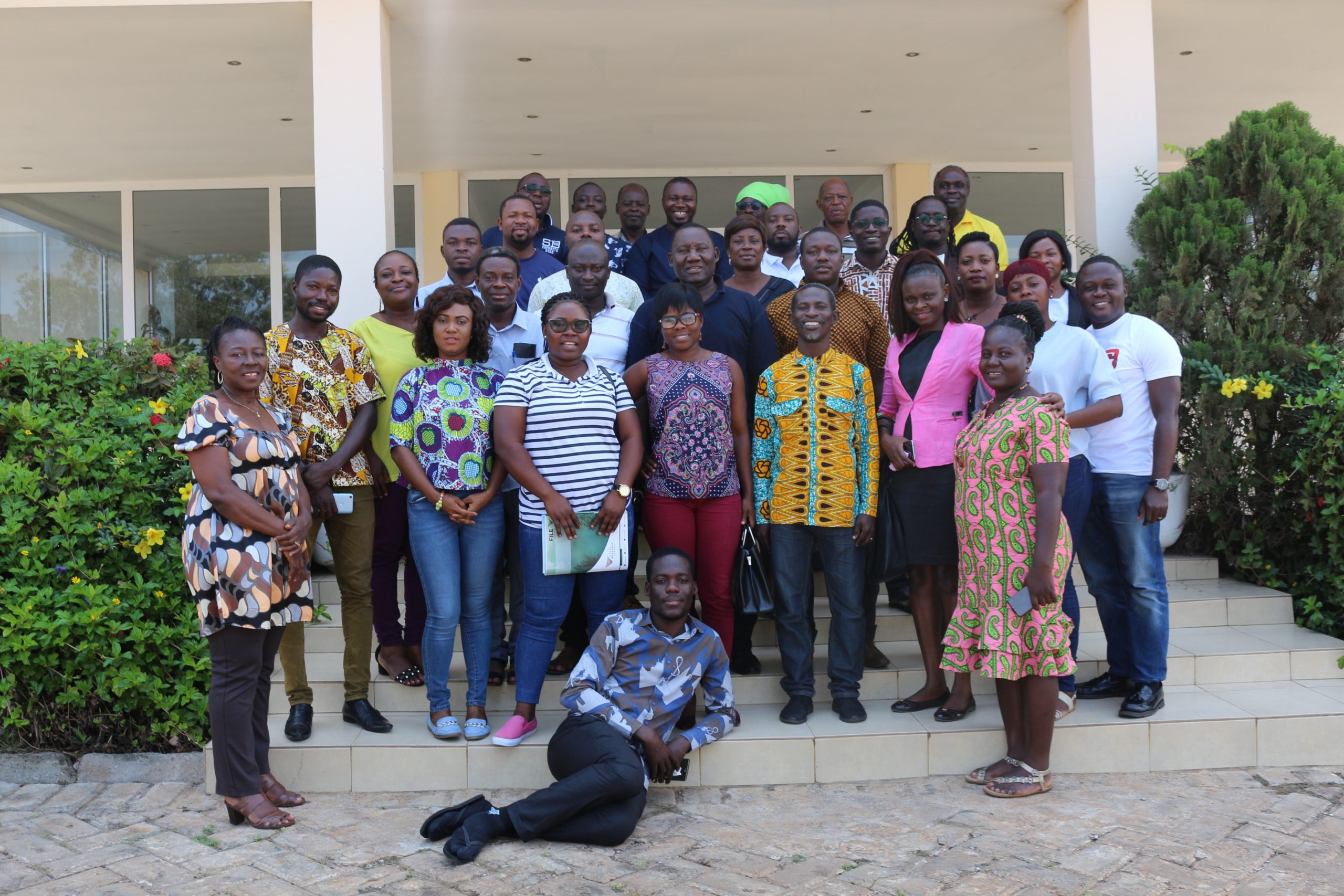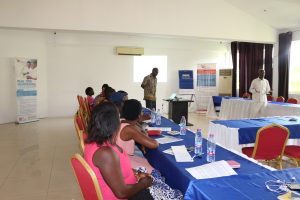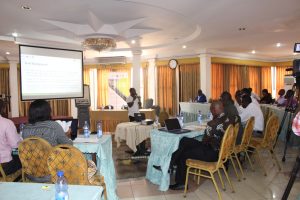Civic Response, with support from its partner Fern, has organised a capacity building workshop for journalists from across the country. This is as part of efforts to enhance their knowledge on natural resources governance issues in Ghana, and most importantly to prepare them towards the issuance of FLEGT licences in Ghana, under the auspices of the Forest Law Enforcement Governance Trade-Voluntary Partnership Agreement (FLEGT-VPA).
The FLEGT-VPA is a bilateral agreement between the European Union (EU) and wood exporting countries, which aims to improve forest governance and to ensure that wood imported into the EU has complied with the legal requirements of the partner country. In 2009, Ghana signed the VPA with the EU and proceeded to develop systems for trade in legal timber in both the domestic and export market. As part of FLEGT-VPA, timber exports from Ghana into Europe need to be covered with a special licence (FLEGT licence) in accordance with an agreed Legality Assurance System.
With collaborations from Civil Society Organisations, Ghana has completed most prerequisite processes needed for the issuance of FLEGT licences, including the implementation of electronic wood tracking system, and the enactment of a legislative instrument to govern Ghana’s forest sector. Given this, it is anticipated that Ghana will soon start issuing FLEGT licences.
The three-days’ capacity building workshop, which was held in Accra for 30 journalists from across the country, therefore, focused on equipping the media towards informed and reliable reportage on issues relating to FLEGT licences and FLEGT-VPA processes. The training also focused on enhancing the knowledge of the media practitioners on Ghana’s natural resources and environment sector.
![]()
![]() Astute environmentalists including Dr. Steve Manteaw and legal practitioners from Taylor Crabbe Initiative (TCI), who facilitated various sessions of the training took participants through the legal, social, and environmental frameworks of natural resources and environments governance in Ghana.
Astute environmentalists including Dr. Steve Manteaw and legal practitioners from Taylor Crabbe Initiative (TCI), who facilitated various sessions of the training took participants through the legal, social, and environmental frameworks of natural resources and environments governance in Ghana.
Participants of the capacity building exercise felt the training had been very enlightening and promised to form a coalition of reporters in the natural resources and environments sector. This is so they can dedicate their works to shedding light on issues in the natural resources and environments sector in Ghana.
By: Jemima Opare-Henaku│Civic Response




